The uncontrollability of the logistics process is becoming the biggest obstacle to the growth of trade between China and Morocco. A comprehensive and reliable logistics solution can make your cross-border business twice as effective with half the effort.
Morocco, as the "northwest gateway to Africa", is becoming a strategic location for Chinese enterprises to expand their markets in Africa and Europe. According to statistics, the trade volume between China and Morocco has increased by 35% in the past five years and is expected to exceed 7 billion US dollars in 2024.
However, this market is also renowned for its cumbersome customs procedures and high taxes and fees. Many Chinese enterprises encounter numerous difficulties in the logistics process. In trade between Morocco and Africa, logistics costs account for 35% to 55% of the commodity prices, not only increasing operating costs but also missing market opportunities.
This article will delve deeply into the most troublesome regulations and key logistics nodes in Morocco's customs policies, and introduce how we have developed a full-chain solution based on 30 years of professional experience to help your business smoothly enter the Moroccan market.
I. Four Major Pain Points in China-Morocco Trade Logistics
The cross-border logistics chain is long, with many links and complex policies. Once any link gets out of control, it will result in cost losses at best and customer losses at worst. Especially when sent to a market like Morocco, have you ever encountered:
1. Difficulties in customs clearance
Moroccan customs has strict requirements and demands the provision of complete documents including certificates of origin, commercial invoices, packing lists, etc., as well as strict weight standards. Any incomplete documents or inaccurate information may lead to customs clearance delays. The average waiting time at the Port of Danjilmet is six days. Circling the Cape of Good Hope increases the voyage by more than 15 days, with an average delay time of up to 7 to 15 days.
2. Hidden cost traps
Morocco usually imposes high tariffs (2.5%-40%) and value-added tax (standard rate 20%), but after sea transportation is completed, various additional charges suddenly emerge: port congestion fees, document processing fees, special inspection fees and many other charges, which increase the overall cost by 20%-30%.
3. Risk of goods detention
The goods have been stuck at the customs for a long time, missing the best sales window. Especially for special goods such as food and electronic products, the detention time caused by certification issues may be as long as 30 to 60 days.
4. Cargo damage and shirking of responsibility
During transportation, the goods were damaged or the packaging was broken, but all parties shirked responsibility and no one took it. Especially in consolidated container transportation, the rate of goods confusion and damage can be as high as 8%.
II. The Most Headache-Inducing Regulation in Morocco's Customs Policy
Based on our 30 years of operational experience, the following Moroccan customs policies are the most headache-inducing for Chinese enterprises:
1.High tariffs and complex tax and fee structures
The import tariff rates in Morocco generally range from 2.5% to 40%, with tariffs on electronic products and clothing reaching as high as 20% and 40% respectively. In addition to customs duties, a 20% standard value-added tax and various additional charges also need to be paid.
2. Strict requirements for certificates of origin
All imported goods must be accompanied by complete certificates of origin and need to be double-certified by the China Council for the Promotion of International Trade and the Embassy of Morocco in China. The process takes 15 to 20 working days.
3. Special product certification requirements
- ONSSA Certification: All food and beverage products must be certified by the National Food Safety Authority of Morocco.
- Halal Certification: For the Islamic market, food products must obtain Halal certification.
- New regulations on e-cigarettes: Starting from 2025, a high domestic consumption tax will be levied on e-cigarettes and other products.
4. Foreign exchange control and payment restrictions
Morocco implements foreign exchange control. It is recommended to use L/C (letter of credit) as the payment method instead of T/T (wire transfer) to avoid the risk of not being able to recover the payment after the goods arrive at the port.
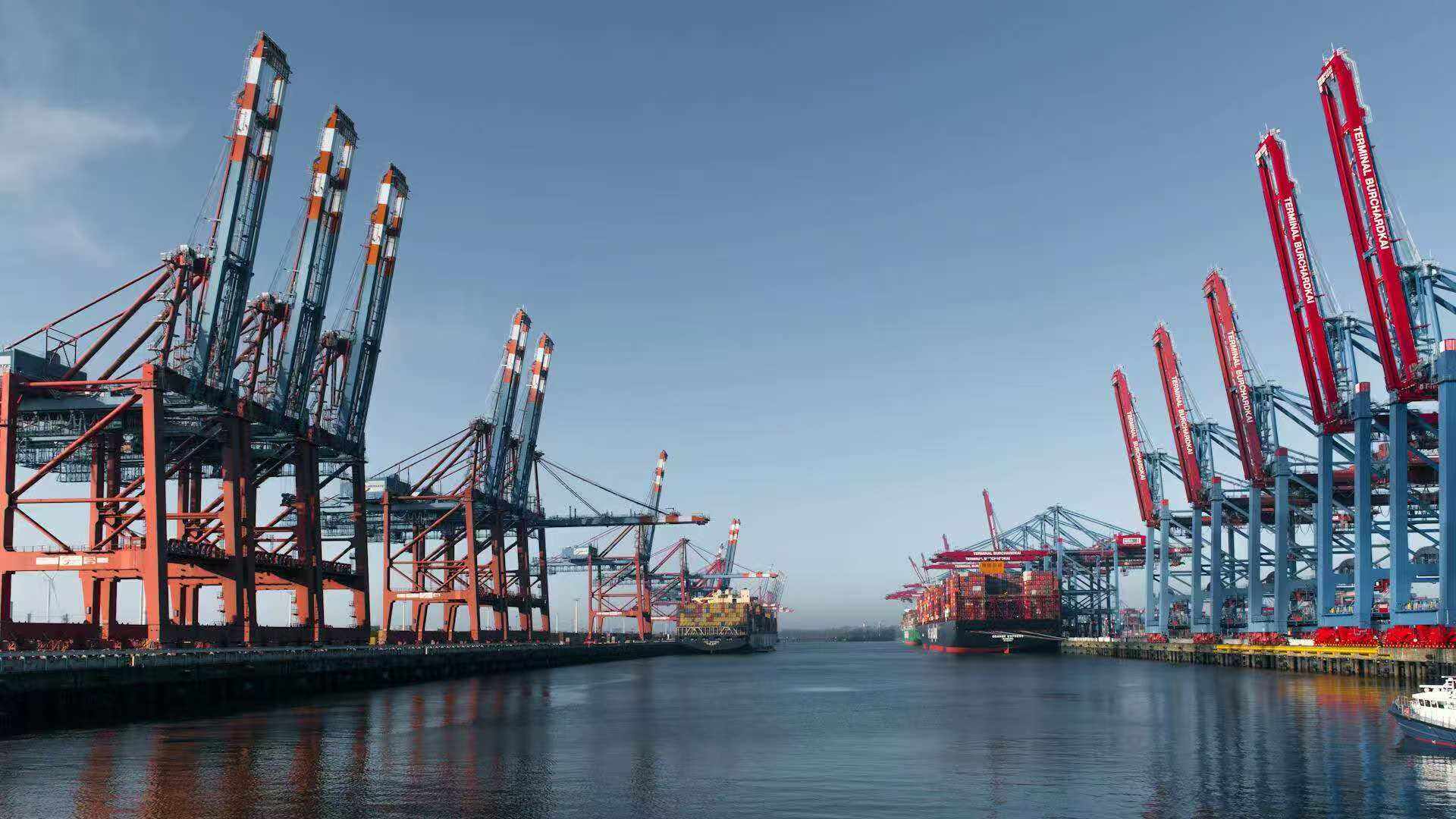 |
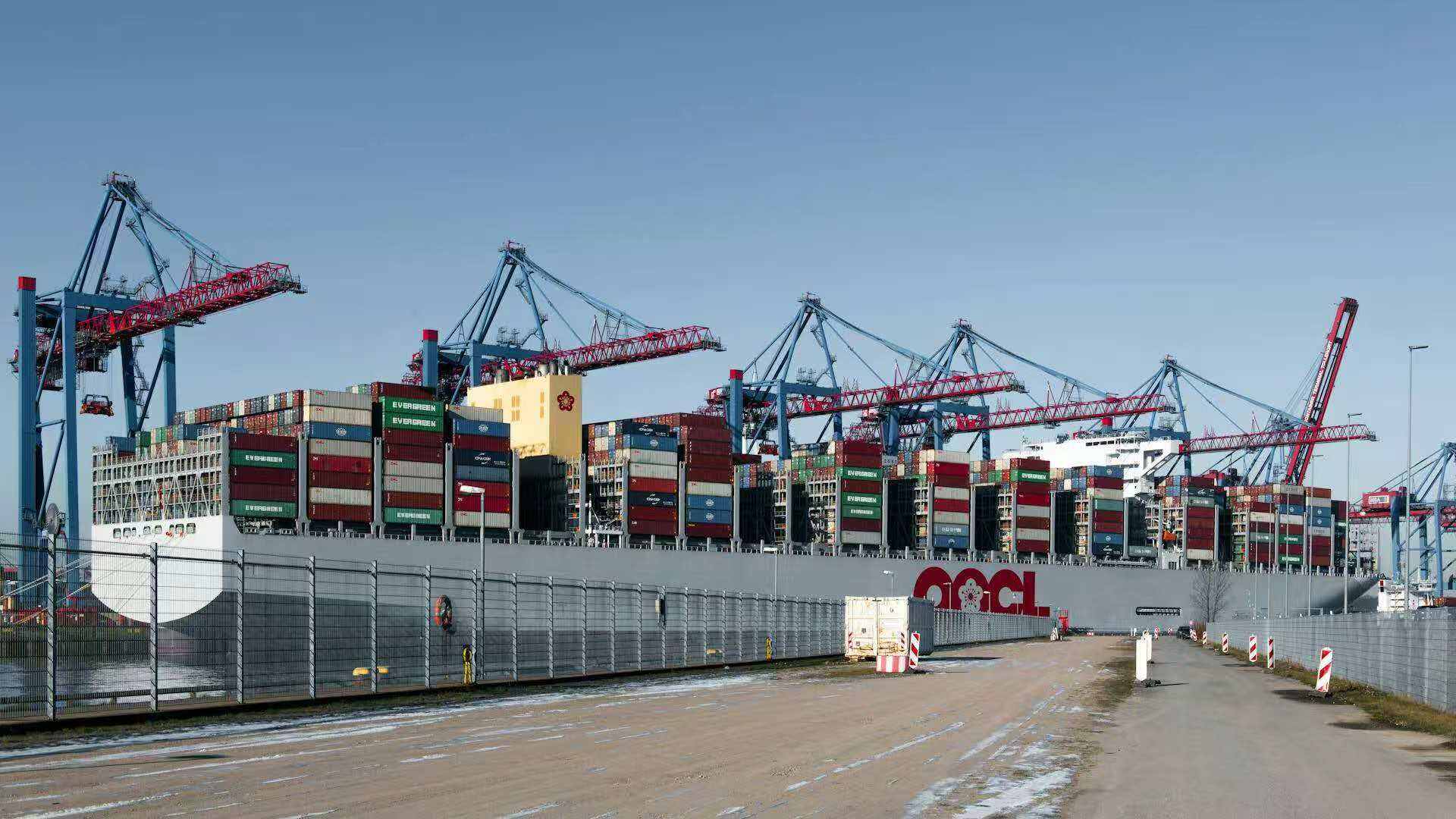 |
III. Comprehensive Analysis of Key Logistics Nodes from China to Morocco
Successful logistics planning requires an accurate grasp of the following key nodes:
1.During the pre-shipment preparation stage, it is essential to complete the document preparation:
Ensure that all necessary documents are complete and accurate, especially the certificate of origin and commercial invoice. It is recommended to use the service of a professional customs broker.
2. Product Classification and Labeling:
Ensure the correct classification of goods and that labels comply with Moroccan requirements, including Arabic labels.
3. Transportation route selection:
The main port, the Port of Casablanca, is the most important and busiest port in Morocco, handling over 60% of the country's container freight. Tangier Mediterranean Port is an emerging modern port, serving as a bridge between Africa and Europe.
4. Route Selection:
Multiple shipping companies offer direct and transit services to Morocco, such as:
- CMA CGM: Offers direct routes from Shanghai and Ningbo to Casablanca;
- MSC: Offers routes from Shenzhen and Hong Kong via the Mediterranean to Tangier.
5. Detailed Explanation of customs Clearance process
The customs clearance process in Morocco includes the following steps:
① Submit customs documents after the goods arrive at the port
② Document review and tax calculation
③ Pay customs duties and value-added tax
④ Goods inspection and release
The entire process usually takes 5 to 10 working days, but in case of document issues or unqualified inspection, it may be extended to more than 30 days.
6. Destination distribution and warehousing
After the customs clearance is completed, the following factors still need to be considered:
- Inland transportation: Logistics costs in Morocco account for 35% to 55% of the price of goods
- Warehouse management: Establishing compliant warehouse facilities in Morocco can significantly enhance distribution efficiency
IV. We Offer: Full-Chain Closed-Loop Service from China to Morocco
Unlike the traditional freight forwarders' model of "only handling transportation but not customs clearance or after-sales service", we have truly achieved:
■ Self-operated warehouses of the two countries, seamless connection
- A 1,200-square-meter consolidation warehouse in Foshan, China, offering 30 days of free storage.
- 200㎡ transfer warehouse in Casablanca, Morocco, supporting rapid distribution;
■ One-on-one dedicated follow-up
From start to finish, we only dealt with one project manager, refused to shirk responsibility, responded immediately, and achieved a 100% response rate.
■ Fixed price
The quotation includes domestic RMB charges, ocean freight and customs clearance fees at the destination port, but does not include customs taxes. Taxes are reimbursed in full and there will be no additional charges later. The cost controllability is increased by 40%.
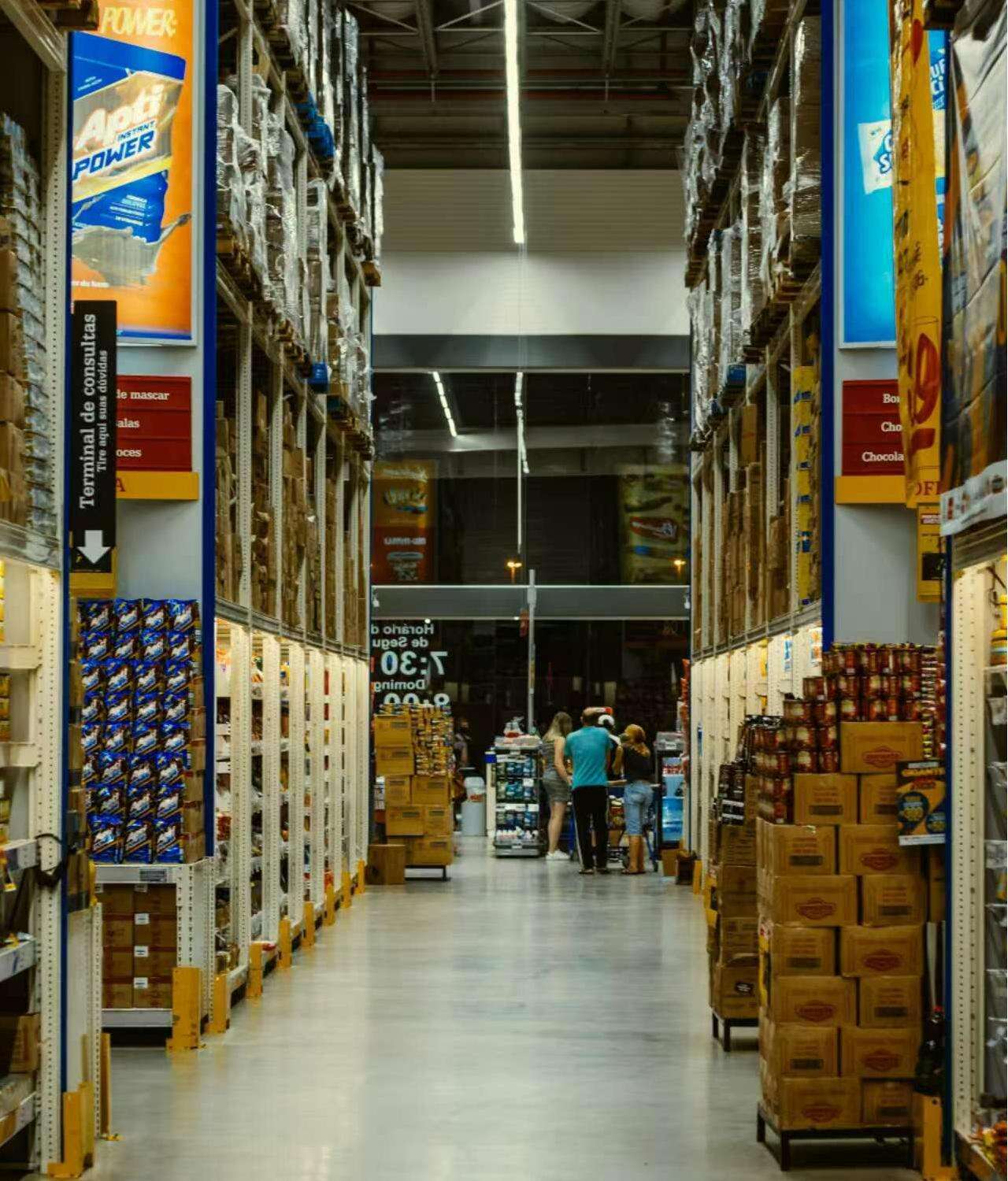 |
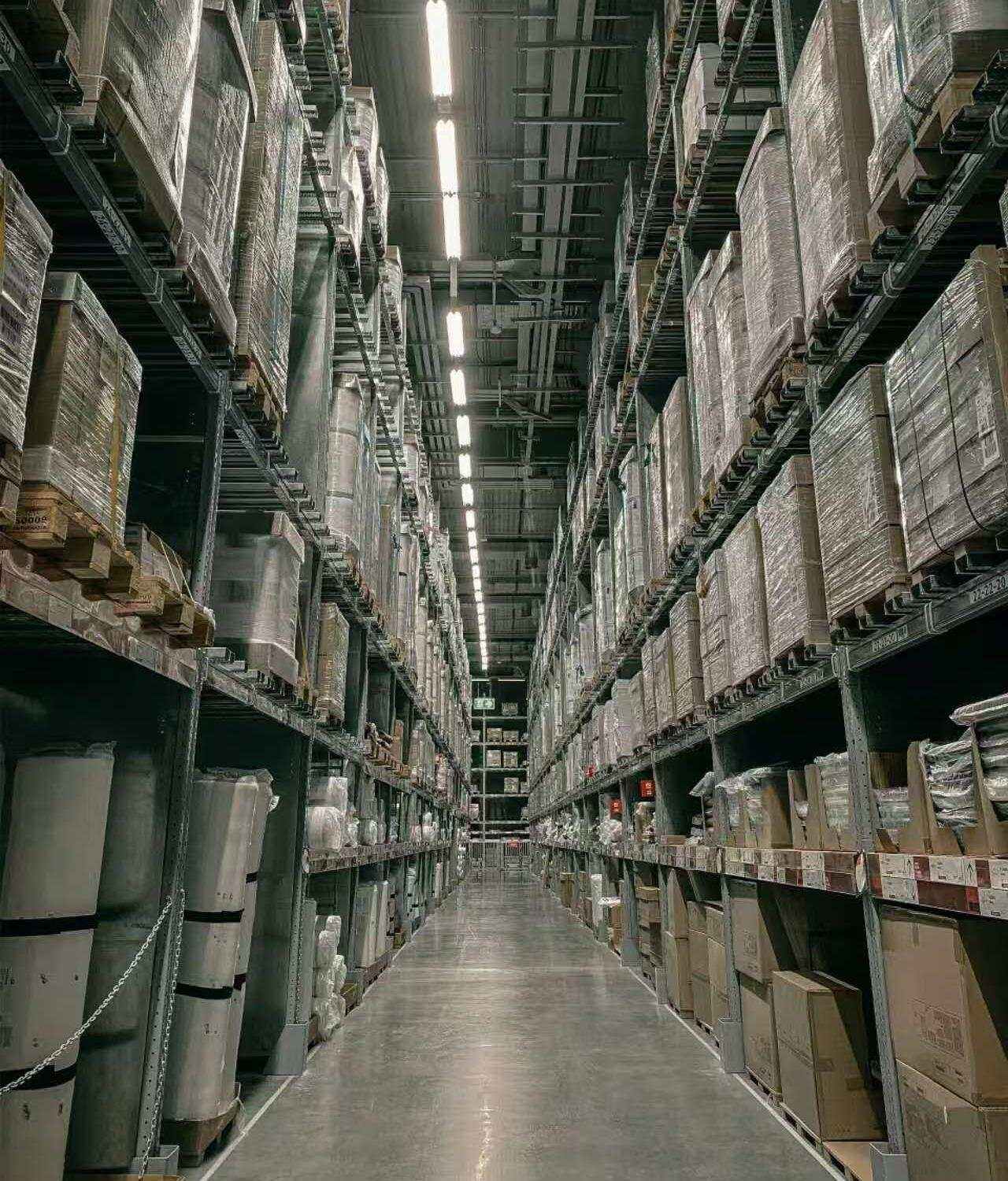 |
V. Core Values: Not Only sea transportation, but also the three elements of "peace of mind"
✅ True double clearance service, direct customs clearance to destination
We hire local customs clearance professionals who live at the customs terminal and update container information in the first place:
- Efficient customs clearance saves B2C and B2B customers the trouble of finding new customs clearance companies.
- The quotation is clearly listed and written into the contract, with no hidden items at all.
- Directly identify the person responsible for the problem, and the customs clearance efficiency has been improved by 50%.
✅ 7 free value-added services save money, worry and be convenient
Most of these services are charged items in the industry, but we choose to offer them directly for free:
1. Free warehousing fee for goods
2. Free inspection on behalf of customers after they enter the warehouse
3. Free factory inspection on behalf of customers
4. Free labeling/repackaging
5. Free minor repair and repair of damaged packaging
6. Free storage for 3 to 30 days
7. Free consolidation and packaging of small express items
Especially suitable for e-commerce customers and purchasing agents - you can remotely entrust us to conduct video inspection of goods in the factory/warehouse, receive goods, and organize and package them, eliminating the risk of damage to goods before loading into the container and greatly reducing after-sales and consignment disputes.
✅ Special logistics expert: goods that others dare not handle, we handle professionally
- Irregular-shaped goods and heavy equipment: We offer professional reinforcement and customized packing solutions;
- High-value products: Full insurance coverage, safe and worry-free;
- Sensitive goods: Professional qualification filing, legal and compliant export;
VI. 30 years of experience in maritime logistics, building service barriers
Many people ask, "On what basis can you do what others can't?" The answer is here:
1. China Operations Center
Foshan has a 1,200-square-meter warehouse space. The core team has over 30 years of logistics experience and is familiar with the export and tax rebate processes of various goods. Provide experience support for first-time non-trading customers to avoid falling into traps.
2. Local team from Morocco
We have a long-term professional customs clearance team and our own 200-square-meter local warehouse for storage and transfer. We truly understand the policies and market practices of Morocco and provide first-line accompanying services for every customer and every logistics customs clearance.
3. Full-process visual tracking
Our own dedicated logistics system provides full support throughout the process. You can check in real time through the wechat mini-program, saying goodbye to the anxiety of "Where have my goods gone?" Key nodes automatically push messages, providing early warnings for abnormal situations.
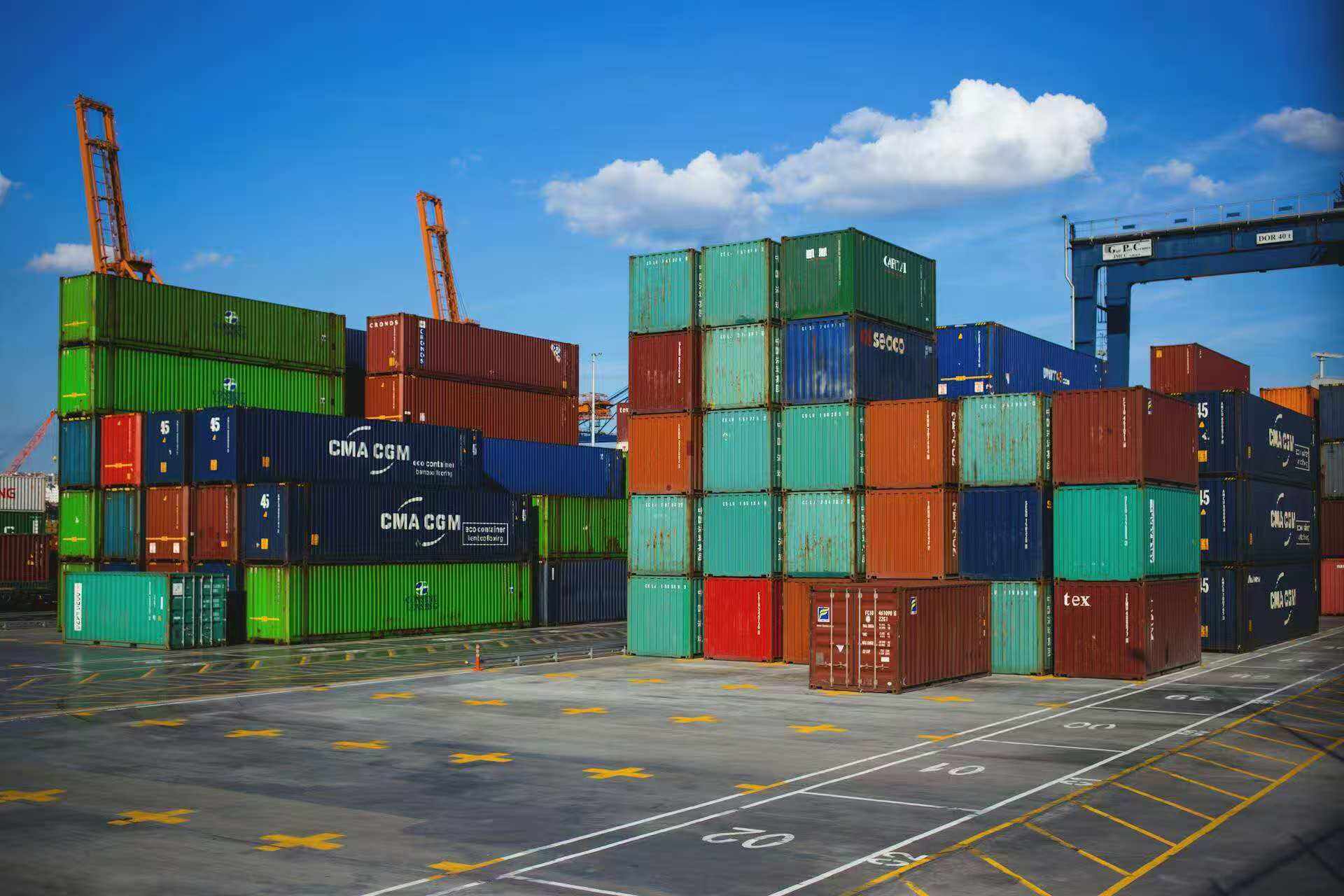 |
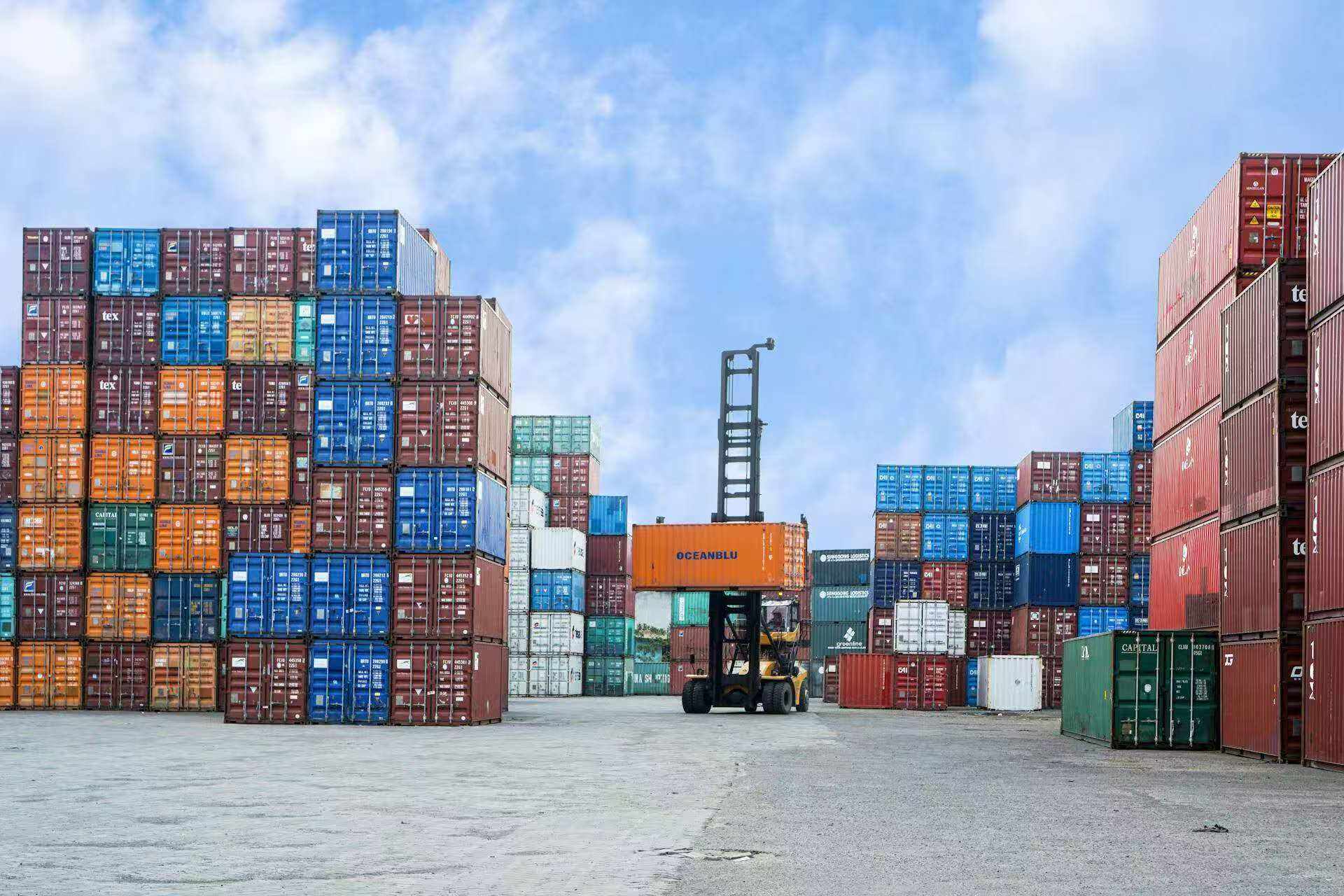 |
VII. Beyond Transportation: Value-added Services Open up New Ideas for Trade with Africa
We also offer:
1. Agency procurement and factory inspection services: Assist or act as your agent for procurement in China, quality control, production progress tracking, and recommendation of outstanding and compliant factories;
2. Channel goods integration: Scattered goods from other procurement channels are consolidated and packaged in the Foshan warehouse for shipment, and export tax rebates, etc. are completed in one stop.
3. Million-level cargo insurance: All shipments are insured, risks are transferred reasonably, and the cost borne by customers is reduced.
4. Full coverage of monitoring: 24-hour video surveillance of the warehouse, real-time online viewing with voice prompt warnings, ensuring safety and compliance.
Tangier Mediterranean Port is one of the largest and most modern ports in the Mediterranean region and has become a bridge between Africa and Europe. With the advancement of the "Mahaba 2025" initiative, Morocco is enhancing its maritime transportation capacity, which will further improve logistics efficiency.
Choose a professional logistics partner, plan your logistics solution in advance, and precisely respond to customs policies. Your path to expanding into the Moroccan market will be smoother.
Exclusive offer for new customers on their first order:
1. For bulk cargo consolidated container customers: Enjoy a 200-yuan discount on volume-based billing.
2. Free storage: Free storage for 14 days for customers outside Casablanca.
Suitable for: Cross-border e-commerce businesses, trading companies, engineering enterprises, overseas Chinese in Africa, entrepreneurs in Morocco, etc
> Reliable logistics ultimately comes down to the word "peace of mind".
> With 30 years of focus on maritime logistics, we have been deeply involved in the China-Africa dedicated line. We understand logistics, trade, and you even better.
> Fully self-operated team, self-owned warehouse, self-built system, full transparency throughout the process, no transfer or subcontracting, one-stop solution.